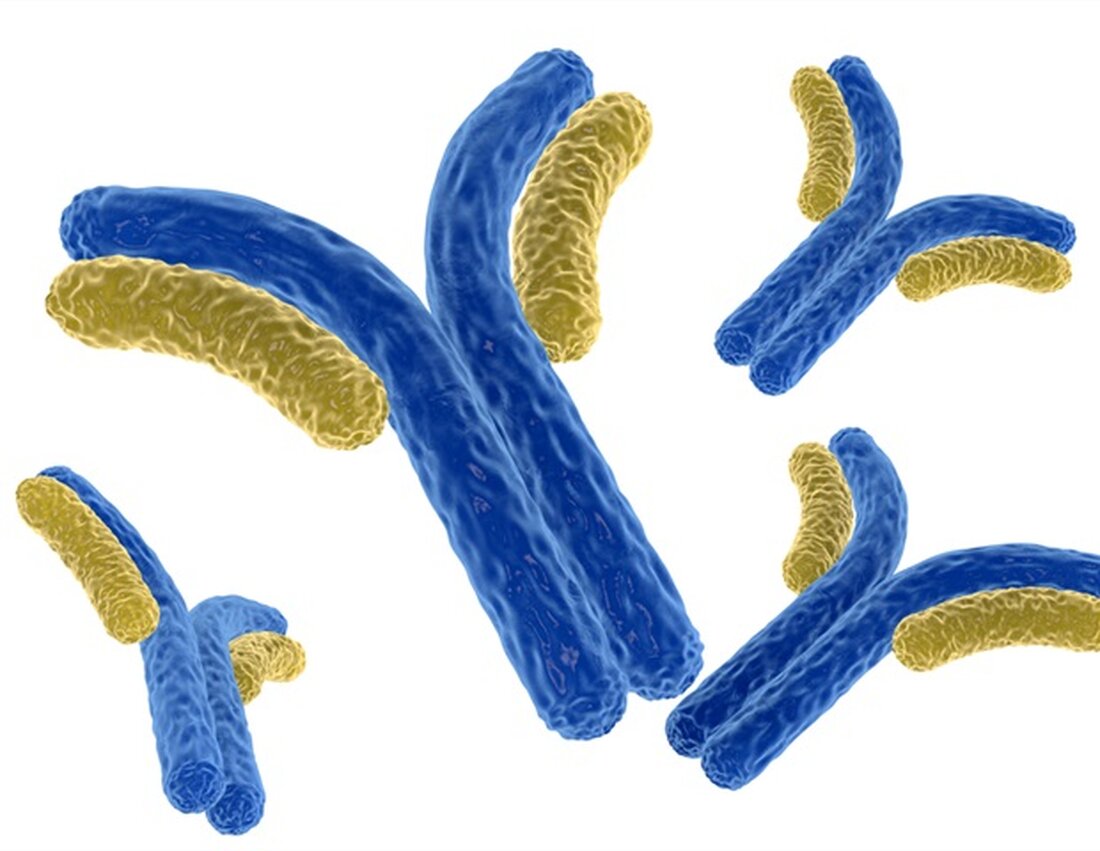A comprehensive analysis reveals the potential toxicities of antibody-drug conjugates
Over the past two decades, numerous complex cancer therapies, called antibody-drug conjugates (ADCs), have been tested in clinical trials and approved for use in patients. Investigators recently conducted a comprehensive analysis of multiple scientific databases to outline the potential toxicities associated with these drugs. Their findings are published online by Wiley in CANCER, a peer-reviewed journal of the American Cancer Society. An ADC has a complex structure consisting of an antibody that targets a protein expressed on cancer cells, a toxic compound to kill the target cells (also called a payload or warhead), and a linker that connects the two...

A comprehensive analysis reveals the potential toxicities of antibody-drug conjugates
Over the past two decades, numerous complex cancer therapies, called antibody-drug conjugates (ADCs), have been tested in clinical trials and approved for use in patients. Investigators recently conducted a comprehensive analysis of multiple scientific databases to outline the potential toxicities associated with these drugs. Their findings are published online by Wiley in CANCER, a peer-reviewed journal of the American Cancer Society.
An ADC has a complex structure consisting of an antibody that targets a protein expressed on cancer cells, a toxic compound to kill the target cells (also called a payload or warhead), and a linker that connects the two. The clinical efficacy and toxicity of ADCs are influenced by each component.
E-Book Antibodies
Compilation of the top interviews, articles and news from the last year. Download a free copy
In 2000, gemtuzumab ozogamicin was the first ADC approved by the US Food and Drug Administration, and to date, more than a dozen ADCs have been approved worldwide. To investigate the side effects associated with various ADCs, a team led by Prof. Hong Zhu from Xiangya Hospital of Central South University in China conducted a systematic review and meta-analysis of published clinical trials on ADCs that reported treatment-related toxicities.
The researchers discovered 169 relevant studies involving 22,492 patients. The incidence of treatment-emergent adverse events was 91.2% for all events and 46.1% for serious adverse events (grade 3 or higher). The most common side effects overall were lymphopenia (too few white blood cells), nausea, neutropenia (too few neutrophils, a type of white blood cell), blurred vision, and peripheral neuropathy (nerve pain in the hands and feet). The most common serious adverse reactions were neutropenia, hypoesthesia (insensitivity), thrombocytopenia (too few platelets), neutropenia with fever and lymphopenia. Certain ADCs were associated with a higher average incidence of adverse events.
Different ADCs appear to differ in their treatment-related side effects. Our results provide an important reference for clinicians and patients on how to address the toxicity of ADCs in clinical practice.”
Prof. Hong Zhu
Source:
Reference:
Zhu, Y., et al. (2022) Treatment-emergent adverse events of antibody-drug conjugates in clinical trials: a systematic review and meta-analysis. Cancer. doi.org/10.1002/cncr.34507.
.

 Suche
Suche
 Mein Konto
Mein Konto
